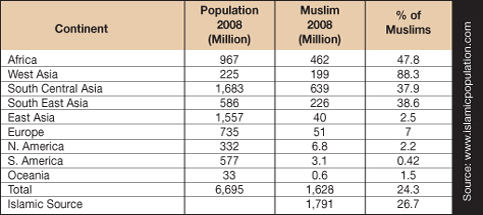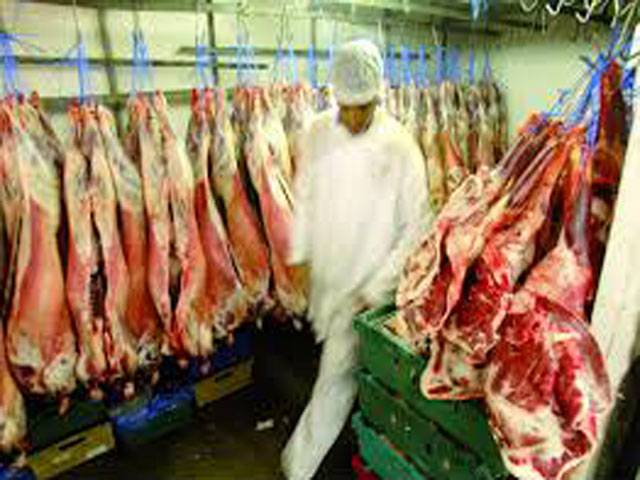Devil Soul
ELITE MEMBER

- Joined
- Jun 28, 2010
- Messages
- 22,931
- Reaction score
- 45
- Country
- Location
Fauji Fertilizer commences operations at export meat processing plant
By Salman Siddiqui
Published: January 16, 2017
0SHARES
SHARE TWEET EMAIL
KARACHI: Fauji Meat Limited, a subsidiary of Fauji Fertilizer Bin Qasim Limited (FFBL), commenced commercial operations on Monday.
“The revenue would touch to the tune of Rs16-20 billion in the next 1-2 years,” Syed Aamir Ahsan Group GM Finance/CEO, FFBL told The Express Tribune at the sidelines of the inaugural ceremony.
This is one of the world’s largest meat processing and exporting plant established at the cost of $75 million.
Over six tonnes of unhygienic meat seized, destroyed in Rawalpindi
The plant is currently serving the GCC region, China and it is in the process of obtaining formal approval for export of meat to Russia, MENA region and Central Asia.
Daily production capacity of the plant is 100 tons of meat (beef and mutton) in frozen and chilled categories for worldwide export.
By Salman Siddiqui
Published: January 16, 2017
0SHARES
SHARE TWEET EMAIL
KARACHI: Fauji Meat Limited, a subsidiary of Fauji Fertilizer Bin Qasim Limited (FFBL), commenced commercial operations on Monday.
“The revenue would touch to the tune of Rs16-20 billion in the next 1-2 years,” Syed Aamir Ahsan Group GM Finance/CEO, FFBL told The Express Tribune at the sidelines of the inaugural ceremony.
This is one of the world’s largest meat processing and exporting plant established at the cost of $75 million.
Over six tonnes of unhygienic meat seized, destroyed in Rawalpindi
The plant is currently serving the GCC region, China and it is in the process of obtaining formal approval for export of meat to Russia, MENA region and Central Asia.
Daily production capacity of the plant is 100 tons of meat (beef and mutton) in frozen and chilled categories for worldwide export.








